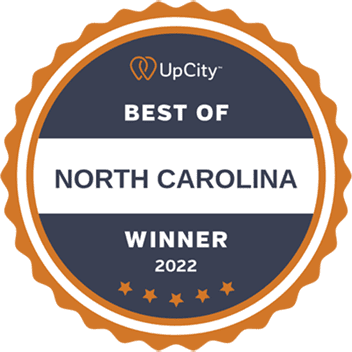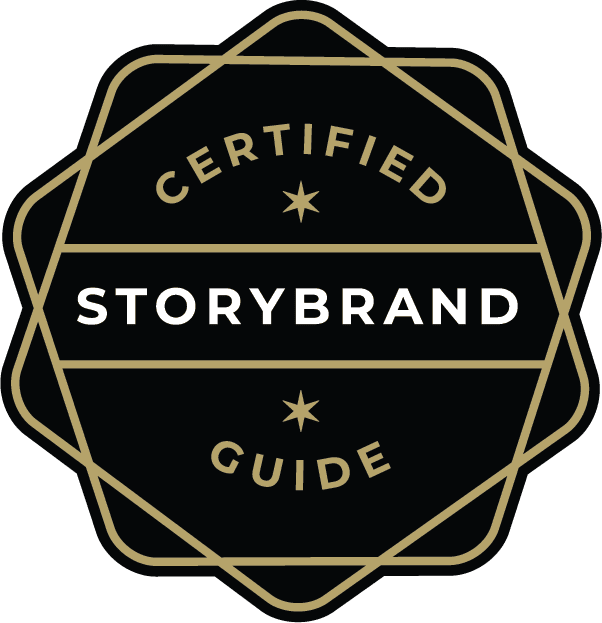
Have you been in a conversation with a web developer who uses website terms like, SEO, SEM, SERP, CMS, domain name, and the list could go on. We are here to help you understand the terms you need to know when developing or updating your business presence on the web.
SEO – {Search Engine Optimization} This refers to the process of optimizing your website through various techniques to earn a higher ranking in search engines (ex. Google, Bing, MSN, Yahoo). This can be done in several ways including keywords, link building and code added to your site.
Keywords – Keywords are words or phrases that describe various content within your website to search engines. Use keywords in your content, images, meta tags, text files and database records on your pages. Relevant keywords will earn your site the best ranking.
Meta Tags – Meta Tags are HTML tags inserted into your website that provide special information about your site for search engines to draw information. The most important meta tags on your site are the keyword and description tags. The keyword tag helps search engines recognize which keywords you consider most important to your site. The description metatag is displayed in search engine results page {SERP} along with your domain name which describes your website.
SERP – {Search engine results page} – The SERP is the actual page that returns the list of results based on the keywords entered in a search engine {Google, Bing, Yahoo, etc}. Search engines will typically display paid ads on the top and right side of the page. Organic results are then displayed after paid display ads.
URL – {Uniform Resource Locator) –The URL can be the full link to any page of a website. Each page of any website has its own unique URL. Don’t confuse the URL with the domain name.
Domain Name – The domain name refers to the actual name of your website, for example: Mywebsite.com. A domain name is purchased from a domain registry company and is rented not bought in yearly intervals. Some popular domain registry companies are GoDaddy, BlueHost.com, Domain.com.
Search Engine – You may have heard of Google? Google is the largest search engine. Search engines are large database programs that search documents on your website for specified keywords and return information based on the terms selected.
Server – A server is a centralized computer(s) that provides data to various other computers. Types of servers can be a web server, file server, mail server or others. When you purchase services such as web hosting, email services or the internet they are working off an external server separate from the functionality of your own computer.
Web Hosting – Web hosting is file space you purchase online which allows you to store your website files and publish them on the internet. Hosting plans are purchased monthly or yearly through various providers. Woland Web is an excellent place to host your site. A website can only function with both a domain name and a web host to point it to.
Responsive Design – Responsive design is so important now that most website visits take place on a mobile phone or device. This refers to a website where the layout or structure of the page adjusts to fit the screen of whatever device you are using to view the page. Responsive websites use a detection method that will first identify what type of device you are using then will display the proper format accordingly.
CMS – {Content Management System}– CMS is a program integrated into a website that allows you to update its content without the need for software or other web development tools. WordPress, Joomla and Drupal are considered as the most used CMS programs for websites.
We hope we have helped decipher some of the most used website terms. Still need more help? Contact us today and we can help you get started on your next project.










